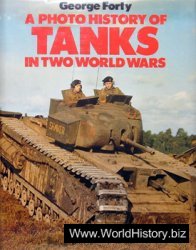The d5minant feature during the first eight months of 1918 was a series
of ferocious German offensives. Empowered by the collapse of the enemy
on the eastern front, Ludendorff was able to transfer the weight of his forces
to the west. From March until July, Germany's armies struck the enemy
lines, often with devastating effect. The German effort rested on the imaginative
use of the classic tools of the war: men and guns. Superior use of
artillery now combined with new infantry tactics. Specially trained assault
units, for example, slipped around the enemy's defensive strongpoints to
disrupt the rear. In its first appearance, against the British in Artois in March
19 1 8, the German advance brought apparently spectacular results.
Nonetheless, the advantage remained in the weary hands of the defenders.
German losses, even in victorious advances, were heavy; Allied leaders,
both military and civilian, avoided panic; and under the weight of the crisis,
all Allied forces were placed under a single leader, France's General
Ferdinand Foch. Meanwhile, seeking a decisive kill, Ludendorff desperately
shifted the weight of his efforts from one sector of the front to another.
The arrival of American troops boosted Allied morale and correspondingly
shook the German spirit, even though large numbers of the newcomers were
not in the fight until the fall of the year.




 World History
World History









